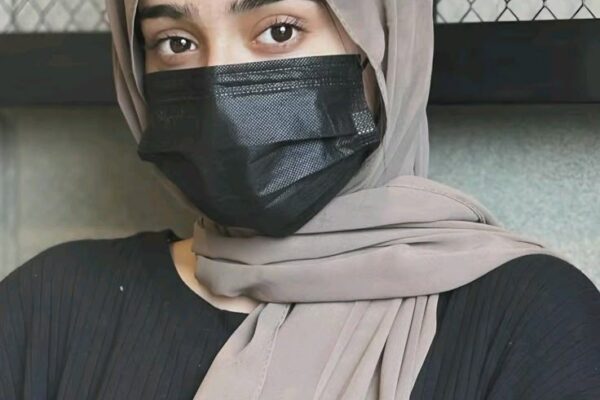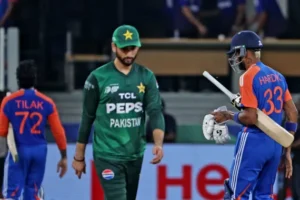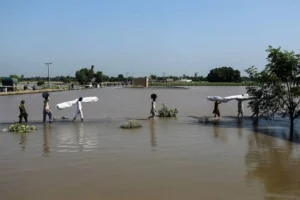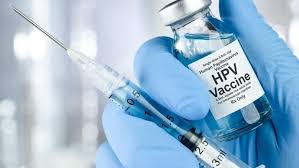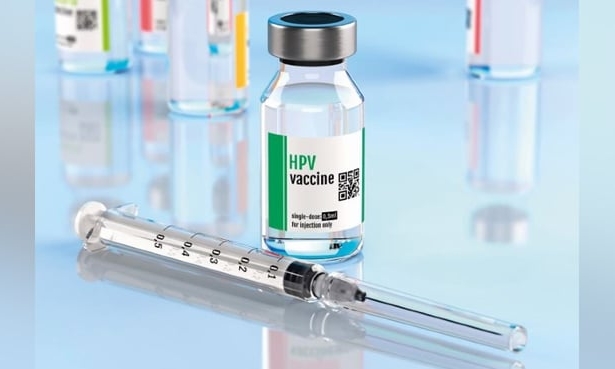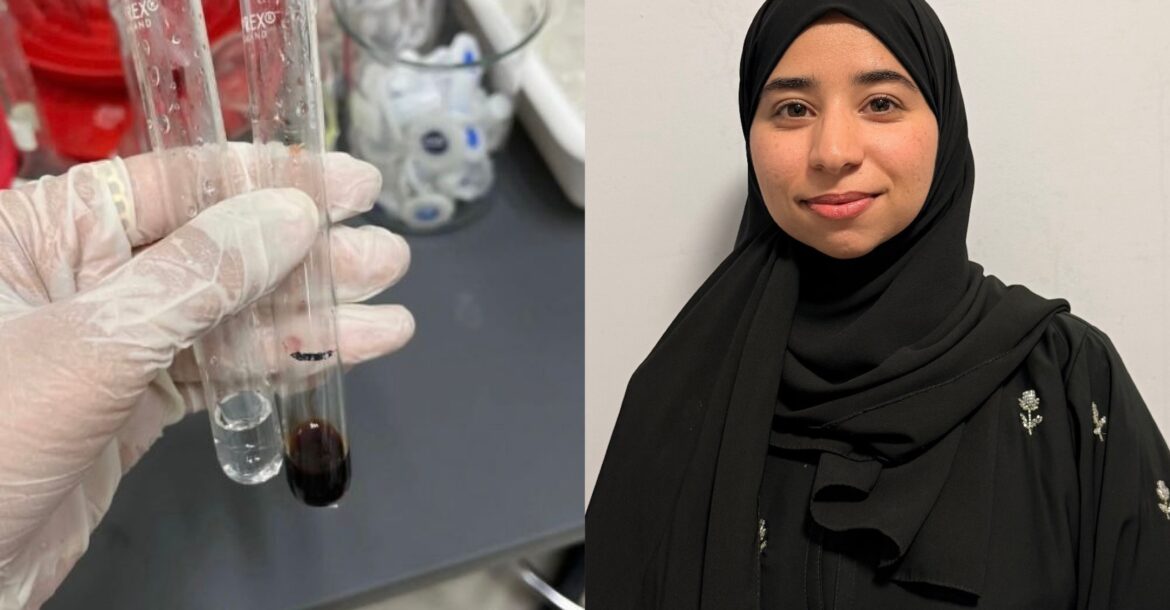Pakistan has taken a big step forward in health care as UNICEF starts the supply of the Human Papillomavirus (HPV) vaccine in Pakistan. This development has been welcomed by doctors, parents, and policymakers who hope it will help protect young girls from cervical cancer. Considering the rising number of women affected by this disease every year, the introduction of this vaccine is seen as a milestone for public health.
Why the HPV Vaccine Matters
Cervical cancer is one of the most common cancers among women in Pakistan. Every year, thousands of cases are reported and most are linked to HPV infection. Sadly, due to late diagnosis and lack of awareness, many women suffer serious health issues or even lose their lives. Experts believe that prevention is the best option, and this is where the HPV vaccine comes into focus.
The vaccine helps protect against the types of HPV that cause cervical cancer. With UNICEF’s support, Pakistan will now include this vaccine in its national immunization program. This makes the HPV vaccine in Pakistan more accessible to school going girls, which in turn will reduce the risk of cancer later in their lives.
UNICEF’s Role in the Initiative
UNICEF plays a key role in providing vital vaccines around the world. In Pakistan, its focus has long been on child health, nutrition, and education. By delivering the HPV vaccine in Pakistan, the organization is ensuring that young girls can grow up healthier and free from the shadow of preventable diseases. UNICEF is working closely with Pakistan’s Ministry of Health to make sure the vaccine rollout is smooth and reaches the maximum number of children.
Health officials have stated that vaccination drives will begin in schools and community health centers. This ensures that girls from different socio-economic backgrounds can receive the protection they need.
Cervical Cancer Burden in Pakistan
According to health reports, cervical cancer is a growing concern in the country. Lack of awareness, limited screening programs, and social stigma often prevent women from seeking timely medical care. As a result, most cases are detected when the disease is already in its advanced stages.
Introducing the HPV vaccine in Pakistan is more than just a medical step. It is a much needed intervention that will save lives while also raising awareness about the importance of preventive healthcare. Doctors hope that this move will finally give women and families the confidence to talk more openly about health problems that affect them.
How the HPV Vaccine Works
The HPV vaccine works by strengthening the immune system against the virus. When given at the right age, usually before a girl becomes sexually active, the vaccine is highly effective in preventing future infections. Since HPV spreads through contact, early vaccination plays a crucial role in stopping the virus before it causes harm.
Medical experts recommend two doses for girls in the target age group. Over the years, global studies have shown dramatic reductions in cervical cancer cases in countries that adopted the HPV vaccine. With the supply now starting, Pakistan is ready to follow the same path.
Support from the Government and Health Experts
The government has assured the public that the HPV vaccine in Pakistan will be safe, effective, and available at no cost to families under the vaccination program. This approach removes financial barriers that often prevent people from seeking preventive health care.
Doctors and pediatricians are also supporting the campaign by spreading awareness through seminars, social media, and clinics. They stress the importance of parents allowing their daughters to take the vaccine as early as possible. Some experts have even suggested expanding the program in the future to include boys since HPV infections can affect them too.
Raising Awareness Among Families
One of the biggest challenges in introducing new vaccines is the level of awareness among the public. Many families have little information about cervical cancer, HPV, or the vaccine. Myths and misinformation can sometimes discourage parents from vaccinating their children.
To address this, health officials are working with schools, community leaders, and local organizations to educate parents. Information campaigns are also being designed in regional languages to reach rural communities. Making the HPV vaccine in Pakistan a success will require spreading correct knowledge as widely as possible.
International Perspective
Globally, more than 100 countries have already introduced the HPV vaccine. According to the World Health Organization (WHO), it is one of the safest and most effective tools against cervical cancer. Countries that adopted it earlier have seen a clear drop in HPV related diseases, and Pakistan is now joining this global movement.
This decision also supports the larger goal of eliminating cervical cancer worldwide. WHO has set a target to eliminate the disease as a public health problem this century, and vaccination is the most critical step towards achieving it.
The Road Ahead
While the start of the HPV vaccine in Pakistan is a positive step, experts say challenges remain. Ensuring proper distribution across all provinces, especially remote areas, will be one hurdle. Another challenge will be convincing hesitant parents to accept the vaccine.
Still, health officials are confident that with continuous awareness campaigns and strong logistics support from UNICEF, these obstacles will be overcome. With each girl receiving the vaccine, Pakistan moves closer to a healthier future.
Conclusion
The supply of the HPV vaccine in Pakistan marks a turning point in women’s health. It protects young girls from one of the most dangerous yet preventable diseases and opens doors for more discussions about preventive healthcare in the country. With the support of UNICEF, the government, and medical experts, this step is expected to save thousands of lives in the years to come.
This is not just a vaccine campaign. It is a signal of progress, showing how international cooperation and national action can combine to secure a brighter future for the next generation of women in Pakistan.


